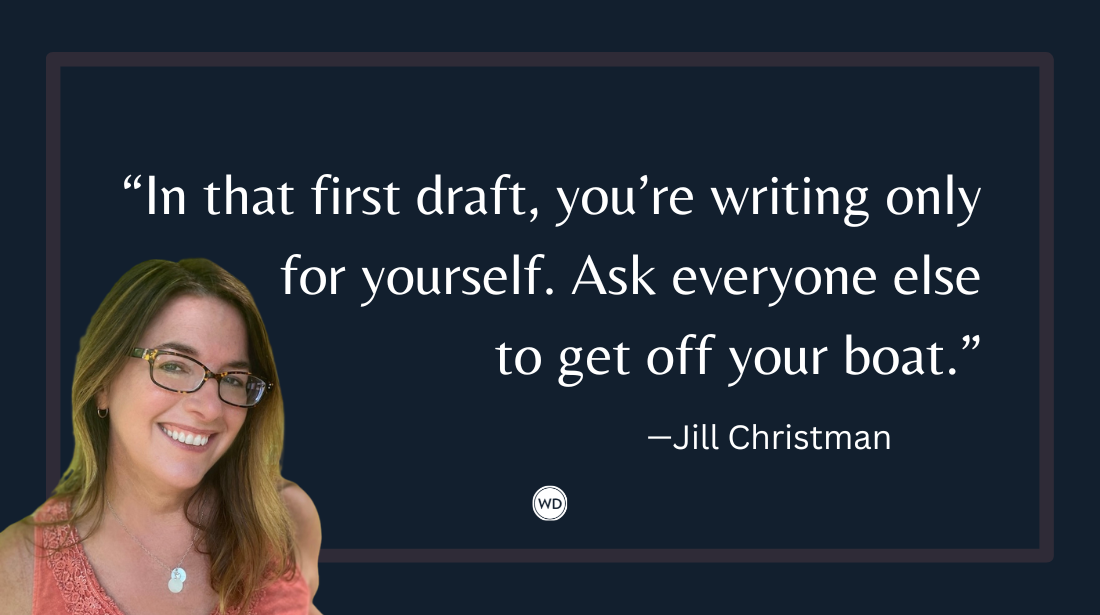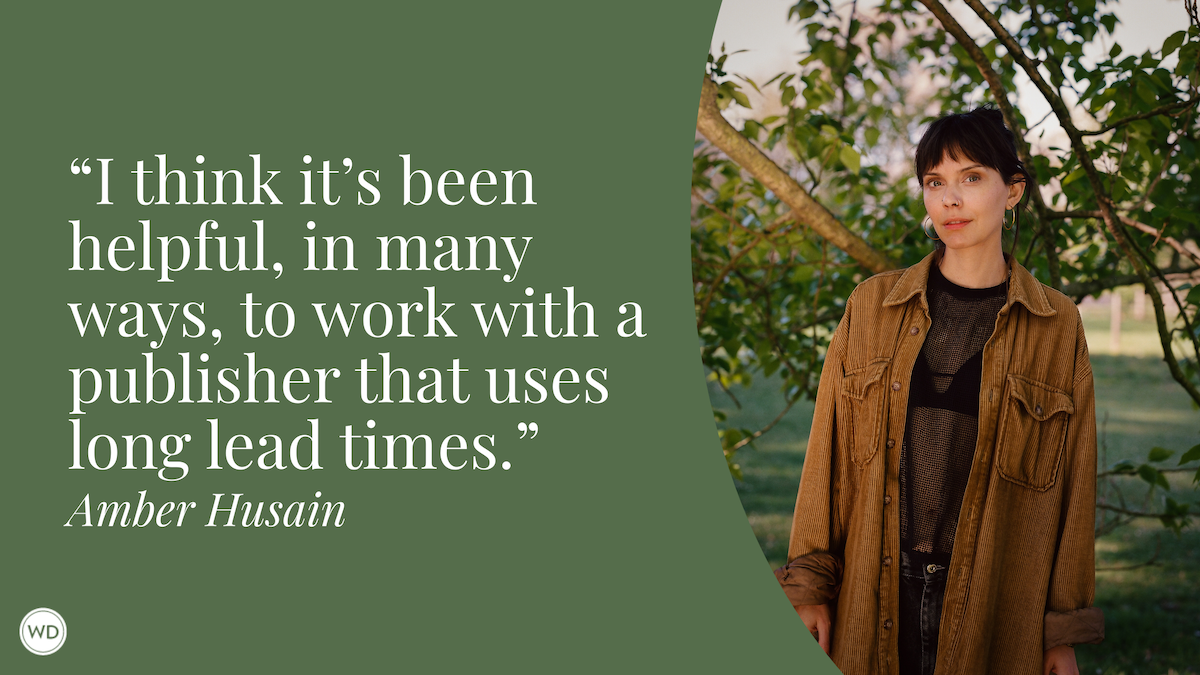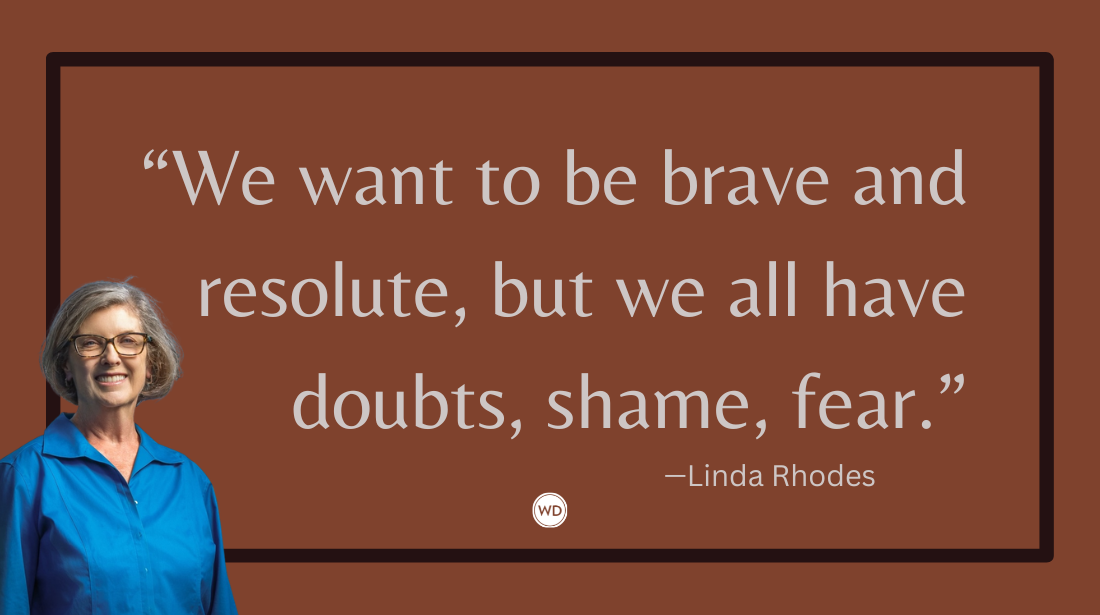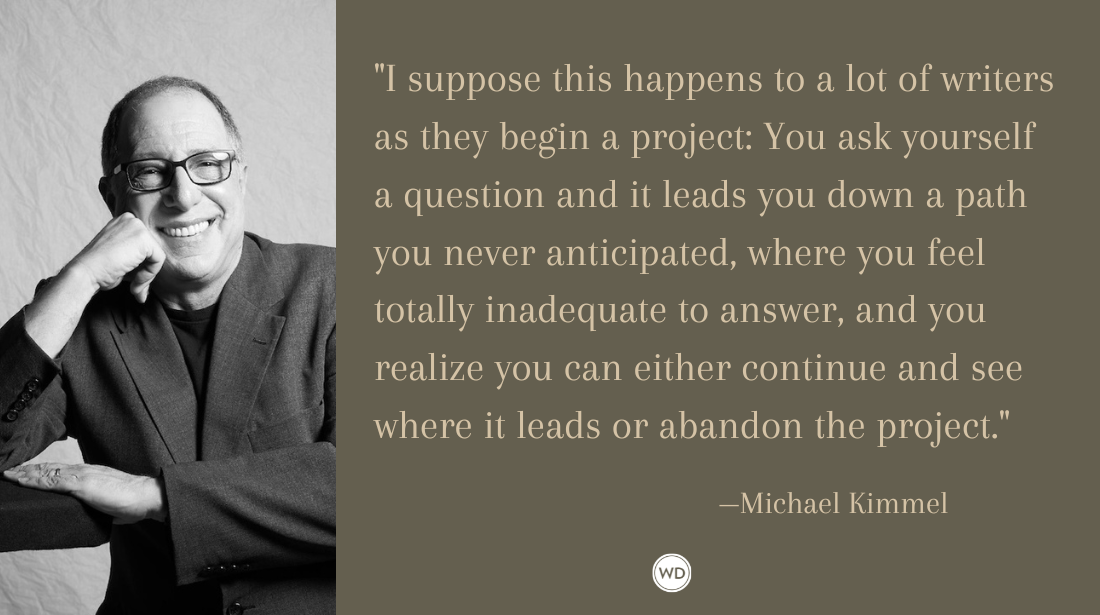Ask Ruth Morris, 34, about her dangerous freelancing career in the violence-prone South American country of Colombia, and her response may come as a surprise. "I feel extremely privileged to be doing this work," she says.
"For one thing," she continues, "international journalists have access to remote parts of Colombia where most Colombians can't travel without risking a kidnapping. We have pretty good access to sources, including commanders of armed outlaw groups, and they generally let us get on with our job."
It's the word "generally" that might give pause to most writers who consider freelancing in far-off places like Bogota. But Morris, whose work regularly appears in such publications as The Los Angeles Times and Time magazine, quickly adds that she doesn't seek out risky situations; on the contrary, she tries "to minimize risks as much as I can. I call ahead to local officials to ask about the security situation. If possible, I let the armed guards know I'm coming, or travel with people who know the region. I let friends know when I expect to be back. We all do this."
Still, she acknowledges that there are other difficulties.
"There's the risk you might put a source in danger by quoting them. Sometimes I'm amazed people talk to us at all."
Morris, who was born in Birmingham, England, moved to the United States when she was young. She started her journalism career covering more business news than bombings. She interned as a Washington correspondent for the Mexico City News as part of a master's in journalism program at Chicago's Northwestern University.
After she graduated, she returned to Washington to work as a research assistant for Reuters and the news service soon offered her a financial reporting job in New York. In 1998, Dow Jones Newswires offered to make her the bureau chief of the Bogota office. "I was lucky to land in such a newsy country, but it was more than I could bear to watch all these extraordinary events unfold--peace talks, rebel offensives, hijackings--while I was tapping away at stock comments. I lasted about a year at Dow Jones, and then [in 1999] went freelance."
Even then, Morris was ready to take some risks. "I was a little worried about giving up my salary," she admits. "But friends immediately threw work my way. I remember my housemate, also a freelancer, saying he would feed me if I had a hard time getting started."
Most of Morris' freelancing assignments came from word of mouth. From the beginning she did spot news for The Los Angeles Times. Currently, she works mostly for Time magazine, and she fills in at The Los Angeles Times when the paper's bureau chief is traveling. She also dabbles in radio and occasionally works for the BBC and Voice of America. "Sometimes when a story breaks, I have to gather myself for a minute and think, 'OK. Who am I working for right now?'"
Not surprisingly, Morris finds her life and career full of excitement. "Like anyone, I get a rush from a good interview," she says. "I once spent a couple days with a coca farmer (coca is the raw material used to make cocaine), who was very poor and pretty much uneducated, but really bright and articulate. He told me that when the U.S. spray planes dump deadly herbicides on his drug crops, 'It's like demons coming down from the sky.'"
Morris does acknowledge that all the negative news can get her down: "I usually call up a friend when that happens and invite myself over for a coffee and a long whining session."
And, of course, freelancing also has its own frustrations. "Sometimes a newspaper will send in a 'parachuter' who doesn't speak Spanish and hasn't read up on Colombia, instead of contracting a freelancer who really knows the region."
Jan Jaben-Eilon is an Atlanta-based writer and editor.
This article appeared in the September 2002 issue of Writer's Digest.









